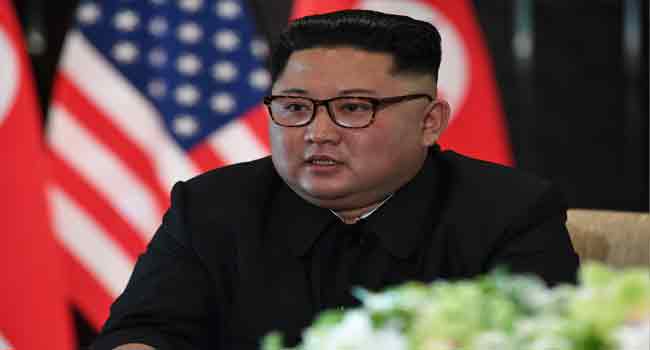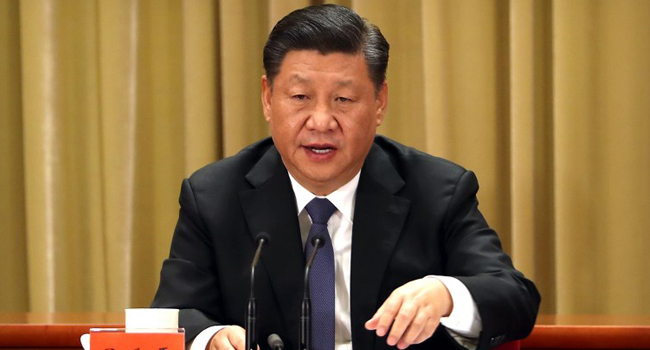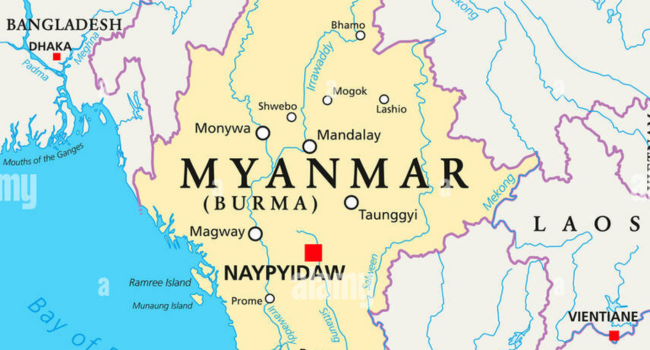
North Korean leader Kim Jong Un is making a two-day visit to Beijing, Chinese state media reported Tuesday, a week after his unprecedented summit with US President Donald Trump.
The outing comes as China has sought to strengthen its role as a mediator between the US and North Korea, where Beijing claims compelling security and economic interests.
Dozens of security vans, police cars and armoured vehicles lined streets around Beijing’s Diaoyutai State Guesthouse on Tuesday afternoon, where Kim had stayed in his previous visit.
The leader, who is believed to have landed in the Chinese capital Tuesday morning, was expected to head to the Great Hall of the People to meet with Chinese President Xi Jinping.
Chinese state broadcaster CCTV reported that the North Korean autocrat would be in Beijing through Wednesday.
The trip is Kim’s third to China since March, when he made his inaugural foreign trip as leader.
In addition to discussing last week’s summit, Kim is expected to ask China to help him in efforts to seek relief from economic sanctions in return for his pledge to denuclearise, Japan’s Nikkei business daily said in a dispatch from Beijing.
Following the historic US-North Korea summit in Singapore a week ago, China suggested the UN Security Council could consider easing the economic punishment of its Cold War-era ally.
China may not have been at the table for the historic summit in Singapore but it retains strong influence behind the scenes.
‘Differences ahead’
In a joint statement following the Singapore summit, Kim pledged to “work toward the complete denuclearisation of the Korean Peninsula.”
Trump hailed this as a concession but critics said the stock phrase long used by Pyongyang stopped short of longstanding US demands for North Korea to give up its atomic arsenal in a “verifiable” and “irreversible” way.
It is now urgent for Xi and Kim to discuss how North Korea will work towards meeting US demands, said Beijing-based international relations commentator Hua Po.
“There may be differences ahead between the DPRK and the US in regards to denuclearisation, because the US wants irreversible and verifiable denuclearisation. It may be difficult for Kim Jong Un to accept,” Hua told AFP.
“Therefore, both China and the DPRK want to strengthen communication and form an overall strategy to deal with the United States going forward,” Hua added.
‘Provocative’ joint exercises halted
In return for the denuclearisation pledge, Trump made the shock announcement that he would stop joint military drills with South Korea, long seen as a provocation by Pyongyang and Beijing.
Analysts saw this as a clear sign of Beijing’s influence.
Beijing has repeatedly called for a “dual-track and suspension for suspension” approach where the North would stop its nuclear and missile activities in exchange for the US and South Korea halting military exercises.
But Washington had previously rebuffed the proposal.
On Tuesday, the US and South Korean militaries confirmed they have called off scheduled joint exercises following Trump’s order.
Trump had raised eyebrows by describing the exercises as “provocative” — a term used by the North.
AFP



